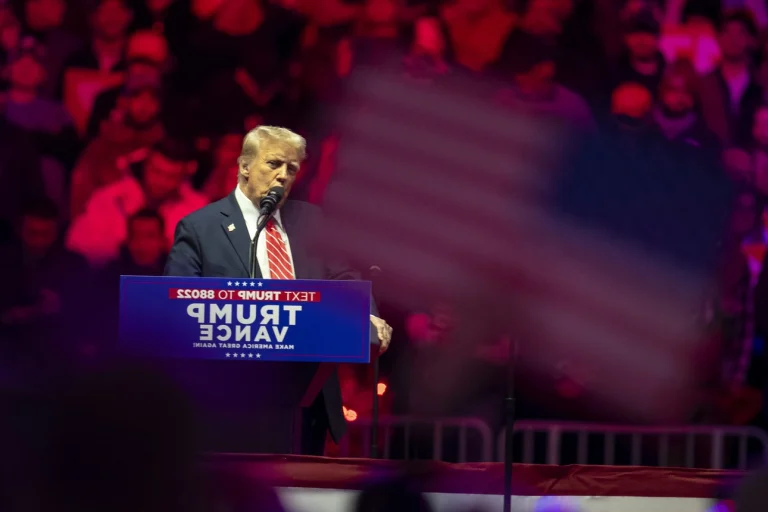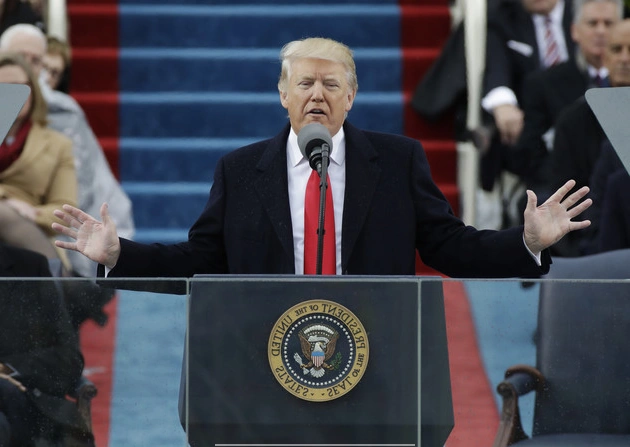
Confirming Trump's Budget Director: GOP Senators' Dilemma
Confirming Trump’s Budget Director Amidst Senate Debate
Senate Republicans find themselves in a challenging position as they contemplate confirming the White House budget director, Russ Vought, known for his controversial actions during Trump’s first term. Despite reservations about presidential power overreach, key committee chairs predict a smooth confirmation process for Vought.
During a recent Senate Budget Committee hearing, Senator Lindsey Graham expressed confidence in Vought’s qualifications for the role, emphasizing the president’s prerogative to select his team. However, concerns linger among some GOP senators regarding the protection of Congress’ constitutional authority over budget decisions.
The confirmation of Vought as the budget director could significantly impact the balance of power between the executive and legislative branches. By solidifying Vought’s position, the White House gains more control over budget allocations, potentially undermining the legislative safeguards put in place by Congressional Republicans.
Despite assurances of upholding the law, Vought’s past actions, including defying impoundment laws, raise doubts about his commitment to congressional oversight. The ongoing debate reflects broader tensions between the branches of government and the interpretation of constitutional mandates.
Challenges and Controversies Surrounding Vought’s Nomination
One of the primary concerns raised during the confirmation hearings is Vought’s stance on impoundment laws and his willingness to comply with Congressional directives. The history of impoundment violations during the previous administration underscores the need for clarity on budgetary procedures and adherence to legal frameworks.
While Vought defends the recent executive orders as programmatic delays, critics argue that these actions could set a dangerous precedent for future budget deliberations. The unresolved tension between the executive and legislative branches highlights the complexities of budget governance and the need for transparent decision-making processes.
Senator Jeff Merkley’s criticism of Vought’s advocacy for impoundment strategies underscores the broader constitutional implications of budget management. The clash between presidential prerogatives and Congressional authority underscores the challenges of maintaining a balanced budgetary process.
Future Implications and Senate Decision
As the Senate deliberates on Vought’s nomination, the implications of confirming a budget director with a history of controversial actions remain a topic of intense debate. The potential consequences of empowering the White House to circumvent Congressional budgetary controls raise concerns about institutional checks and balances.
Senator Rand Paul’s reservations about executive overreach highlight the ongoing tensions within the GOP regarding budget governance and the division of powers. The Senate’s decision on Vought’s confirmation will have far-reaching implications for future budget negotiations and the balance of power between the branches of government.















